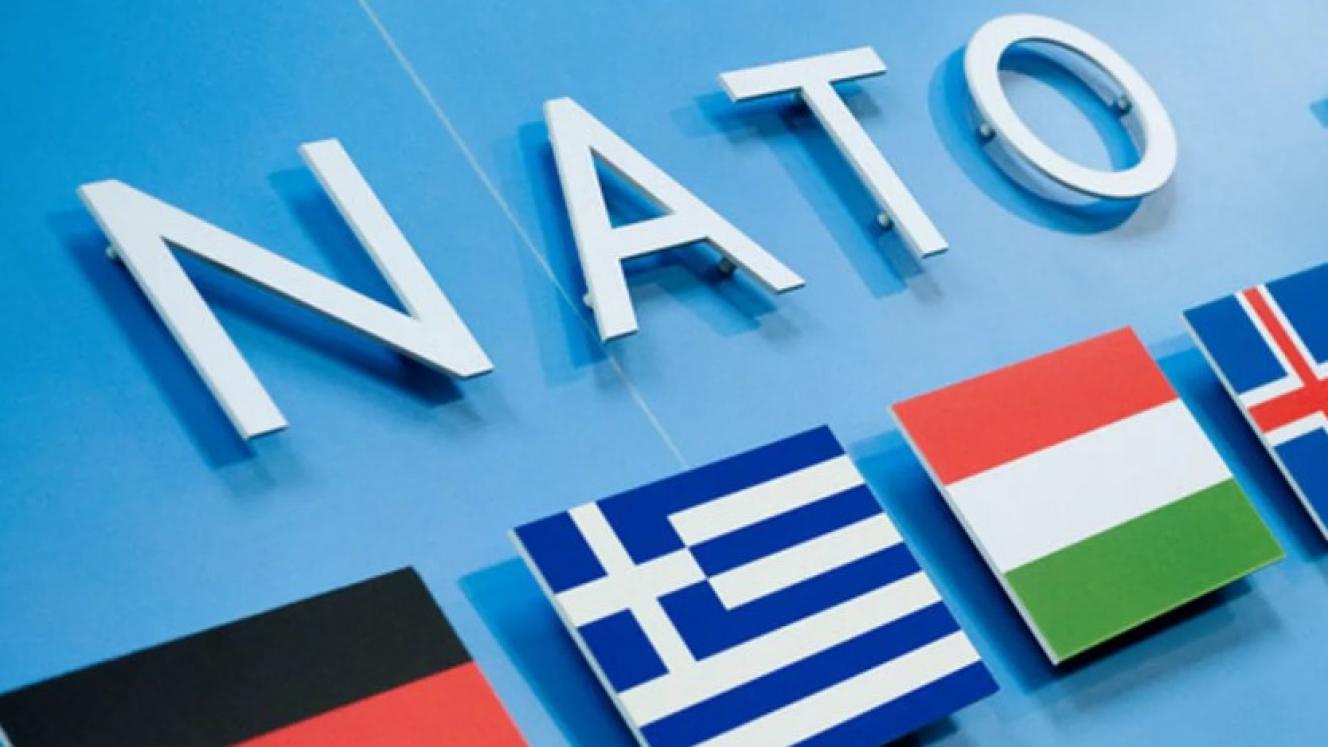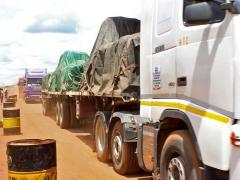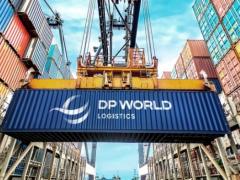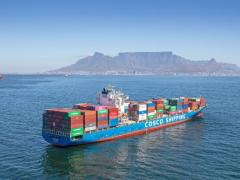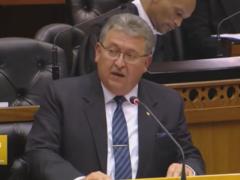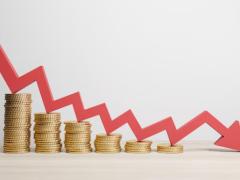Addressing a long-standing trade imbalance while similarly avoiding a worst-case scenario from 30% tariff increases by the US administration of Donald Trump formed part of the agenda of a trade delegation by South Africa to its biggest import-export partner – China.
Last week’s visit to its Asian trading partner by Deputy President Paul Mashatile and Trade, Industry and Competition Minister Parks Tau comes as the country seeks to pivot its economic partnerships and protect key sectors vulnerable to changing US trade policies.
The week-long mission to Beijing aimed to attract investment and promote strategic export opportunities at a time when South Africa’s continued trade relations with the US are looking very uncertain.
The delegation’s focus extends beyond traditional raw materials, highlighting sectors such as pharmaceuticals, automotive products, and green energy technologies as priorities for diversification and value addition.
Speaking at the South Africa-China Investment Forum, held on the margins of the third China International Supply Chain Expo in Beijing, Mashatile highlighted the growing trade disparity between the two nations.
He said South Africa’s trade deficit with China had expanded significantly—from less than $1 billion per year between 1988 and 2000 to $9.71bn by 2023.
He attributed this imbalance to several challenges, including tariff and non-tariff barriers, geographic distance, and intense global competition, all of which continue to hinder South African access to the Chinese market.
The South China Morning Post reports that reversing this trend would require South Africa to broaden its export base and promote higher-value goods in order to build a more equitable trading relationship with China.
Analysts have recognised the strategic importance of China as an alternative market, particularly in the face of rising tensions with the US. However, they have warned that China cannot serve as a like-for-like substitute, citing the complexities of global trade, the risk of reduced US investment, and the dangers of over-reliance on a single partner.
Carlos Lopes, a professor at the Nelson Mandela School of Public Governance at the University of Cape Town, observed that although the Chinese market offered important opportunities, it could not directly replace the US. He pointed out that while South Africa’s exports to the United States totalled $14.7bn in 2024 – a 4.9% increase over the previous year – this trade had resulted in a US goods trade deficit with South Africa of $8.8bn, according to American government figures.
In contrast, South African exports to China amounted to $30.64bn in 2023, according to Chinese customs data.
Professor Lopes identified specific sectors such as agriculture – particularly citrus and wine – as areas where trade could be reoriented relatively easily toward China. However, he stressed that the issue extended beyond trade flows to investment dynamics.
He expressed concern that the imposition of US tariffs could trigger a “chilling effect” on American investment in South Africa, citing Ford’s recent $1bn commitment to the local automotive industry as potentially vulnerable to delay or cancellation.
He added that this environment might open the door for China to emerge as a replacement capital partner, particularly in high-growth areas like electric vehicle manufacturing, where demand is rising across the African continent.

